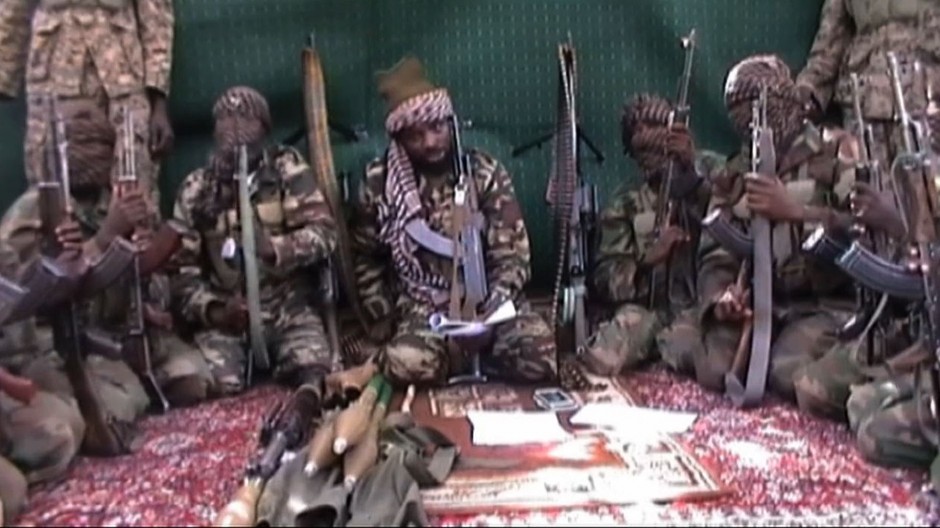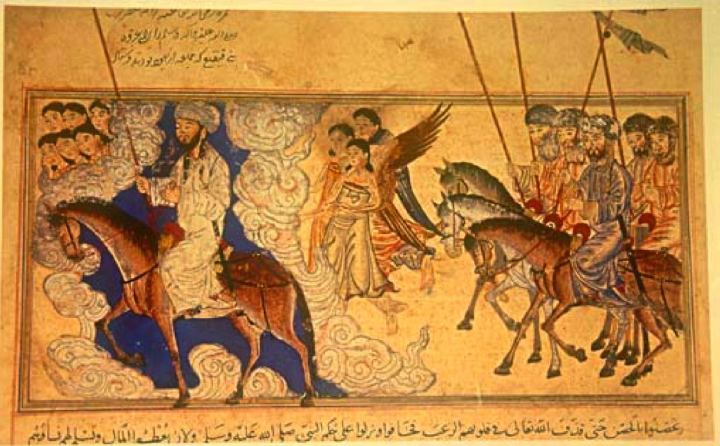The horror stories continue in Nigeria, day after day, covered by professionals in newsrooms around the world (CNN latest here).
If you are interested in religion news right now, you have to be paying attention to Nigeria and Sudan, in particular. Here’s a new report from The Guardian, with details on Boko Haram attacks that appear to have killed 100 or more.
Meanwhile, this detail in a new BBC online report caught my attention:
In one attack, gunmen disguised as soldiers fired on a crowd in a church compound, local MP Peter Biye said. He said he had warned the army that the area was at risk after troops stationed nearby were withdrawn three months ago. …
“They came in mass in military uniform with about 200 motorcycles… they said they came to rescue them [and] they should not run away,” he told the BBC’s Newsday programme.
Villagers were urged to come to the church, and people gathered believing it was the military, the MP said.
“They surrounded them — they started shooting them,” Mr Biye said, adding that the gunmen then burnt many buildings.
This story emphasizes a crucial element of the fighting against Boko Haram in northern Nigeria, a religious piece of this bloody puzzle that has been mentioned many times here at GetReligion.
Simply stated, the Christians and pro-government, pro-education Muslims do not know who to trust right now. Do you trust the military? Do you trust the police? How do you know who to trust, when Boko Haram fighters are — somehow or another — ending up with military uniforms and equipment?
The major news hook in this BBC report is found here:
Nigerian media reported … that 10 generals and five other senior military officers had been tried before a court martial for supplying arms and information to the Islamist militant group.
However, a military spokesman called the reports “falsehoods”. This contradicted Interior Minister Abba Moro who in a BBC interview … said it was “good news” that the army had identified soldiers who were undermining the fight against the insurgents, and that it sent a strong message to other serving officers.
Boko Haram has waged an increasingly bloody insurgency since 2009 in an attempt to create an Islamic state in Nigeria.
So why would officials of the Nigerian state be cooperating with rebels who are trying to overthrow the state?
Religion, of course. To get specific, it’s impossible to cover this story without digging into these battles between clashing camps of Muslims.













